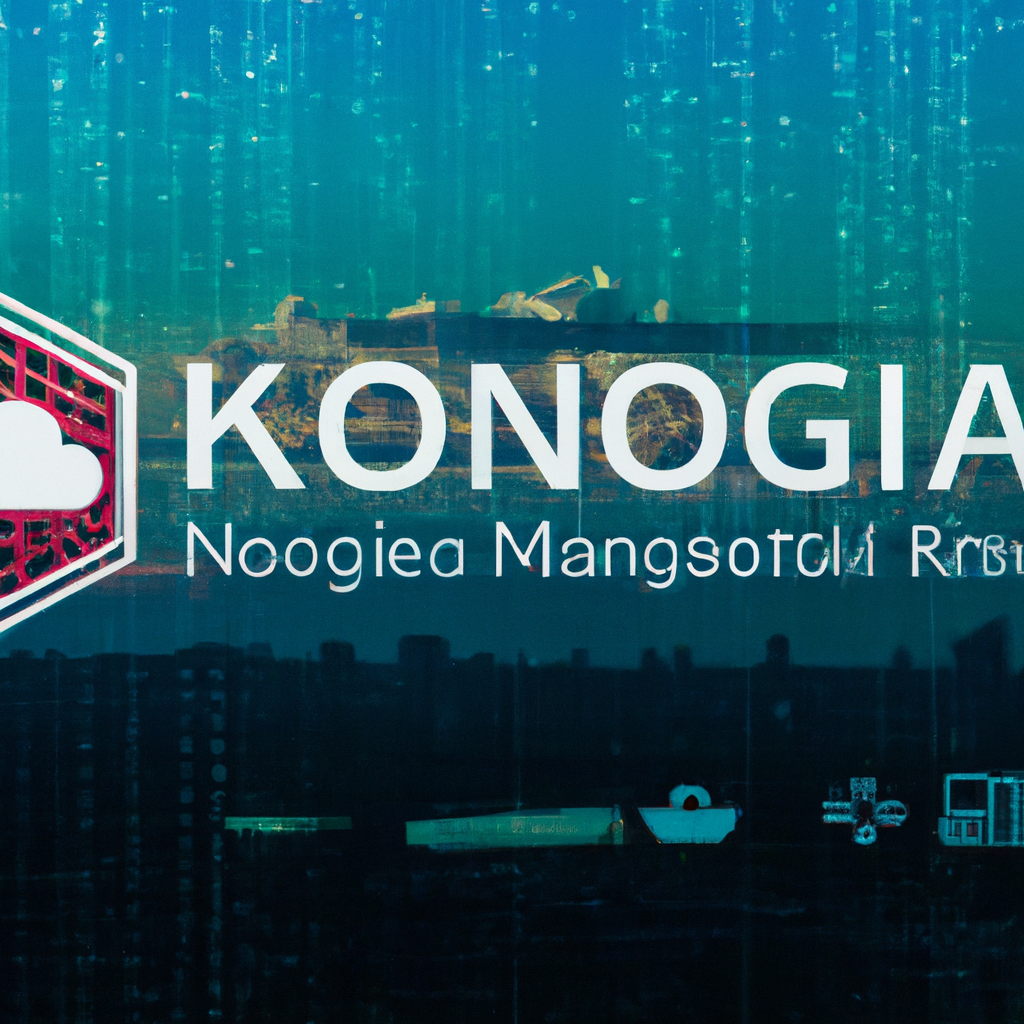Carbon Zero Initiative Launch Event
As global attention increasingly focuses on sustainability, the manufacturing sector is at a pivotal point in its evolution. The Carbon Zero Initiative Launch Event marks a significant milestone in our journey towards a greener, more sustainable future. This event serves as a platform to unveil strategies, technologies, and partnerships that will lead the charge in reducing carbon emissions within the industry.
Introduction
The Carbon Zero Initiative Launch Event is not just another gathering of industry professionals; it is a call to action for all stakeholders in the manufacturing sector. With climate change presenting an existential threat, the need for immediate and impactful measures has never been more urgent. This event highlights the collective efforts required to achieve carbon neutrality, showcasing innovative solutions, fostering collaboration, and inspiring commitment to sustainable practices.
Section 1: Understanding the Carbon Zero Initiative
The Carbon Zero Initiative is a comprehensive program designed to guide manufacturing companies towards achieving net-zero carbon emissions. At its core, the initiative emphasizes the integration of cutting-edge technologies, renewable energy sources, and sustainable practices. The goal is to not only reduce carbon footprints but also to drive industry-wide transformations that contribute to a healthier planet.
The initiative is structured around several key components: technological innovation, policy advocacy, stakeholder engagement, and educational outreach. By focusing on these areas, the Carbon Zero Initiative aims to create a holistic approach to sustainability that is both practical and scalable.
Section 2: Technological Innovations Leading the Way
One of the most exciting aspects of the Carbon Zero Initiative is the emphasis on technological innovation. From advancements in energy efficiency to the development of carbon capture and storage technologies, the initiative is at the forefront of driving technological change in the manufacturing sector.
At the launch event, several pioneering projects were showcased, including innovative energy management systems and breakthroughs in material science that enable more sustainable production processes. These technologies not only reduce emissions but also enhance operational efficiency and cost-effectiveness.
Furthermore, the initiative supports research and development efforts aimed at discovering new materials and processes that can further mitigate environmental impact. By investing in technology, the Carbon Zero Initiative is setting the stage for a sustainable manufacturing revolution.
Section 3: Policy and Regulatory Frameworks
Achieving carbon neutrality requires more than just technological advancements; it necessitates supportive policy and regulatory frameworks. The Carbon Zero Initiative actively works with governments and regulatory bodies to advocate for policies that promote sustainable practices and incentivize emission reductions.
During the launch event, experts discussed the importance of aligning industry goals with national and international climate targets. This includes advocating for carbon pricing mechanisms, subsidies for clean energy, and regulations that encourage the adoption of sustainable technologies.
The initiative also emphasizes the importance of transparency and accountability. By establishing clear reporting standards and benchmarks, manufacturers can track their progress towards carbon neutrality and make informed decisions about their sustainability strategies.
Section 4: Engaging Stakeholders Across the Value Chain
A critical component of the Carbon Zero Initiative is stakeholder engagement. Reducing carbon emissions requires collaboration across the entire value chain, from suppliers to end consumers. The initiative fosters partnerships and dialogues among stakeholders to create a unified approach to sustainability.
At the launch event, leaders from various sectors shared insights on how collaboration can drive change. This includes working with suppliers to source sustainable materials, collaborating with logistics providers to optimize transportation emissions, and engaging with consumers to promote sustainable products.
By building a network of committed stakeholders, the initiative aims to amplify its impact and accelerate the transition to a low-carbon economy.
Section 5: Educating and Inspiring the Next Generation
Education and outreach are vital components of the Carbon Zero Initiative. By educating the workforce and inspiring the next generation of leaders, the initiative seeks to create a culture of sustainability that extends beyond the manufacturing sector.
The launch event featured workshops and seminars aimed at sharing knowledge and best practices. These educational programs are designed to equip professionals with the skills needed to implement sustainable strategies within their organizations.
Additionally, the initiative partners with educational institutions to develop curricula focused on sustainability and climate change. By investing in education, the Carbon Zero Initiative ensures a continuous pipeline of informed and motivated individuals ready to tackle the challenges of tomorrow.
Conclusion
The Carbon Zero Initiative Launch Event is a testament to the manufacturing sector’s commitment to sustainability. By embracing technological innovations, advocating for supportive policies, engaging stakeholders, and investing in education, the initiative paves the way for a carbon-neutral future.
The road to zero emissions is challenging but achievable. It requires a concerted effort from all industry participants to rethink traditional practices and embrace new, sustainable methods. As the Carbon Zero Initiative gains momentum, it promises to be a catalyst for positive change, inspiring manufacturers worldwide to join the fight against climate change.
Together, we can build a sustainable future that not only addresses the pressing issues of today but also safeguards our planet for generations to come.

